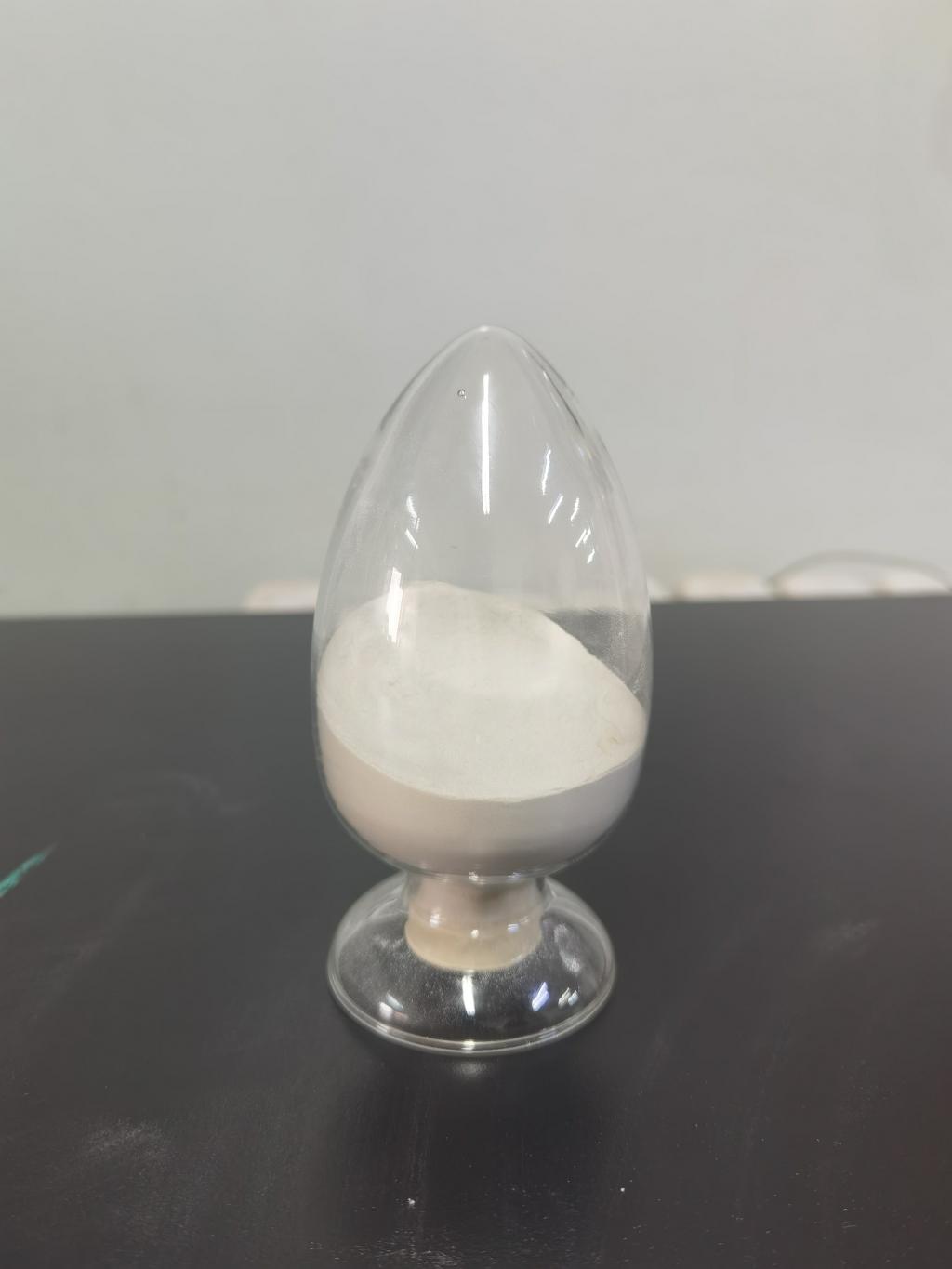Tel:+8618231198596

News
 CONTACT
CONTACT
 CONTACT
CONTACT
- Linkman:Linda Yao
- Tel: +8618231198596
- Email:linda.yao@dcpharma.cn
- Linkman:CHARLES.WANG
- Department:Overseas
- Tel: 0086 0311-85537378 0086 0311-85539701
News
Preventing food spoilage with Nisin.
TIME:2024-04-16
What is Nisin?
Nisin is a bacteriocin, a type of antimicrobial peptide produced by certain strains of lactic acid bacteria, primarily Lactococcus lactis. Discovered in the early 20th century, nisin has been extensively studied for its antimicrobial properties and its safety for human consumption. It is approved as a food preservative in many countries, including the United States and the European Union, and is commonly used in a variety of food products.
Mechanism of Action:
Nisin exerts its antimicrobial activity by disrupting the cell membrane of target bacteria. Specifically, it binds to lipid II, a precursor molecule involved in bacterial cell wall synthesis, leading to pore formation in the cell membrane. This disruption compromises the integrity of the bacterial cell, causing leakage of cellular contents and ultimately cell death. Importantly, nisin exhibits selective activity against certain Gram-positive bacteria, including foodborne pathogens such as Listeria monocytogenes and Staphylococcus aureus, while having minimal impact on most Gram-negative bacteria and non-target organisms.
Applications in Food Preservation:
Nisin is widely used in the food industry as a natural preservative to prevent spoilage and improve the safety of various food products. Its effectiveness against a broad spectrum of bacteria makes it particularly valuable in controlling the growth of pathogens and spoilage organisms in foods with extended shelf life requirements. Some common applications of nisin in food preservation include:
Dairy Products: Nisin is commonly added to cheese, yogurt, and other dairy products to inhibit the growth of spoilage bacteria and pathogens. Its compatibility with dairy processing conditions and its stability during storage make it an ideal choice for extending the shelf life of these products without affecting their flavor or texture.
Meat and Poultry: In meat and poultry products, nisin helps prevent the growth of pathogenic bacteria such as Listeria and Salmonella, which are major concerns for food safety. By incorporating nisin into meat coatings, marinades, or packaging materials, manufacturers can enhance the microbial stability of these products and ensure their safety throughout distribution and storage.
Canned Foods: Nisin is also used in canned foods to prevent the growth of heat-resistant bacteria such as Clostridium botulinum, which can cause botulism if present in improperly processed canned products. By adding nisin to the canning liquid or directly to the food matrix, manufacturers can provide an additional layer of protection against microbial contamination during storage.
Beverages: Certain beverages, such as fruit juices and soft drinks, are susceptible to microbial spoilage due to their high water activity and nutrient content. Nisin can be added to these beverages as a preservative to inhibit the growth of spoilage organisms and extend their shelf life without affecting their taste or appearance.
Benefits and Challenges:
The use of nisin as a food preservative offers several benefits, including:
Enhanced Food Safety: Nisin helps reduce the risk of foodborne illness by inhibiting the growth of pathogenic bacteria in food products.
Extended Shelf Life: By controlling microbial spoilage, nisin extends the shelf life of perishable foods, reducing food waste and improving economic efficiency.
Natural and Safe: Nisin is a naturally occurring antimicrobial peptide that is Generally Recognized as Safe (GRAS) for use in food products, providing a clean label solution for food manufacturers.
However, there are some challenges associated with the use of nisin in food preservation, including:
Limited Spectrum of Activity: Nisin is primarily effective against Gram-positive bacteria and may not be effective against certain Gram-negative bacteria or yeast and molds.
Regulatory Considerations: While nisin is approved for use as a food preservative in many countries, regulatory requirements regarding its use and maximum allowable levels may vary, requiring compliance by food manufacturers.
Potential Resistance: Prolonged exposure to sublethal concentrations of nisin may lead to the development of resistance in target bacteria, necessitating careful monitoring and management of its use in food production.
Future Perspectives:
Research into the use of nisin and other antimicrobial peptides in food preservation continues to evolve, with ongoing efforts to optimize their efficacy, stability, and safety for use in a wide range of food products. Future developments may involve the combination of nisin with other antimicrobial agents or innovative delivery systems to enhance its effectiveness and expand its applicability in food preservation.
Conclusion:
Nisin represents a valuable tool in the food industry for preventing food spoilage and enhancing food safety. Its natural origin, broad-spectrum antimicrobial activity, and regulatory approval make it a preferred choice for food manufacturers seeking effective preservation solutions. By leveraging the unique properties of nisin, the food industry can continue to meet consumer demand for safe, high-quality food products with extended shelf life.
- Tel:+8618231198596
- Whatsapp:18231198596
- Chat With Skype







